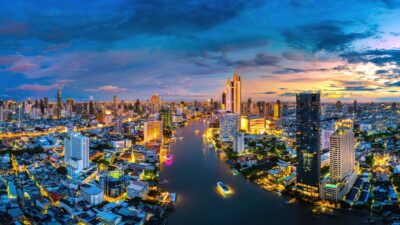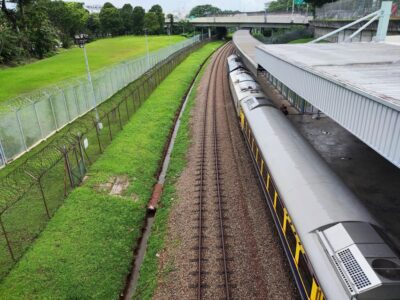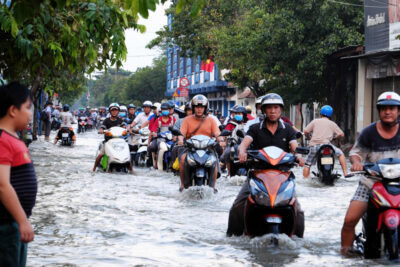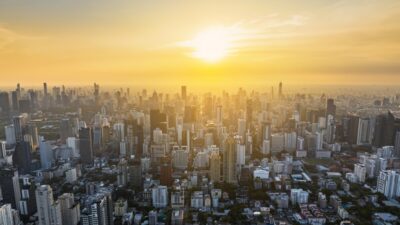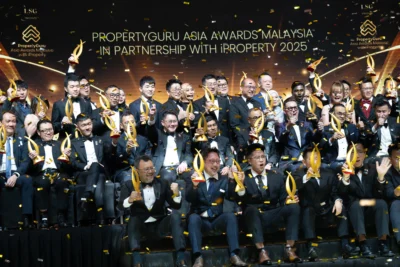Asia’s cities reap rewards from smart solutions
Overheating Asian metropolises remain plagued by traffic congestion, unregulated and unplanned development, and a lack of buy-in from the top to tackle pressing energy and sustainability concerns. But with great challenges come ‘smarter’ opportunities to plan, design, and build cities better
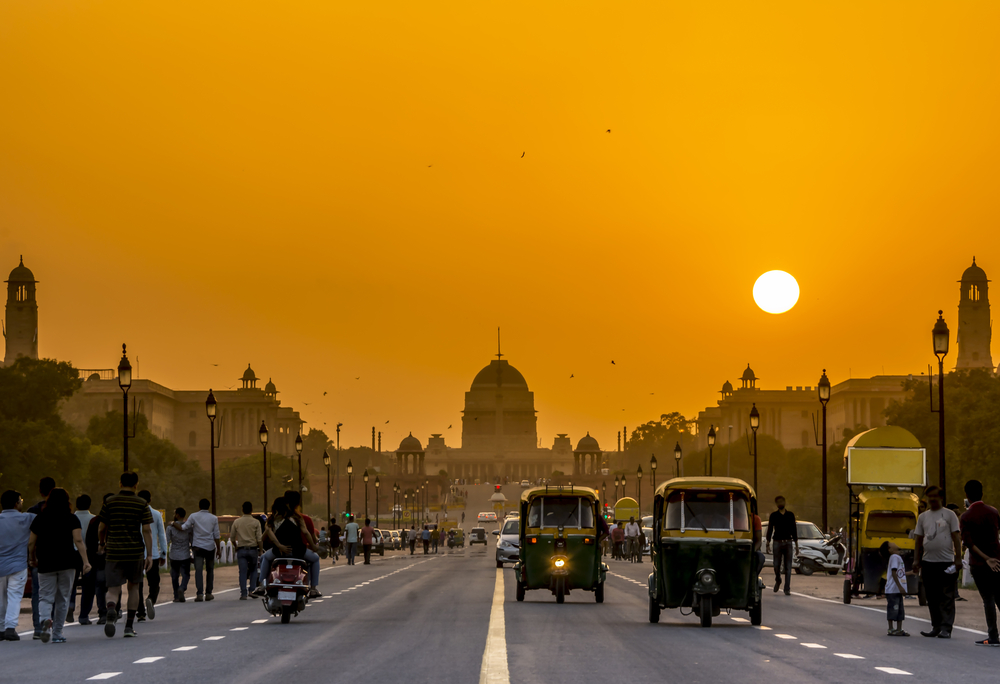
Today’s cities are not as smart as they think they are. At least not according to Charles Reed Anderson, who leads the IoT (internet of things) advisory firm CRA Singapore. During the Internet of Things World 2018 conference in California, Anderson branded the construction industry “laggards” in adopting new technology.
“Do you really see it today?” Anderson asked the crowd of business leaders and millennial tech entrepreneurs. “How many solutions do you see that are truly transforming your life?”
As we approach the third decade of the 21st century, property development is growing at a rate of just one percent per year versus an average of 2.8 percent across all industries, according to Anderson.
More: How Asian cities are catering to the public
The need for radical solutions to urban problems from population growth to climate change draws ever closer. Over 50 percent of Asia’s population currently lives in cities, more than a five percent growth over 10 years. According to the UN, that number is likely to be at 70 percent by 2050.
Meanwhile, core Asian metropolises from Jakarta to Delhi remain plagued by traffic congestion, sprawling, unregulated development, and a wilful lack of substantive measures to tackle energy consumption and resource management.
But with these challenges brings opportunity to revolutionise how we approach infrastructure, homes, transport and the workplace, and build dynamic cities prepared to grow economically while preserving resources and offering liveable, green environments. Here, we examine four of the key issues that cities around Asia must address if they are ever to see a smart future.
This article is the first in a five-part series. It originally appeared in Issue No. 153 of PropertyGuru Property Report Magazine. Read the second, third, fourth and fifth parts
Recommended
Thailand advances digital finance with blockchain real estate push
Issues over marrying blockchain incentives to a physical asset class is hampering Thailand’s digital finance push
Johor Bahru emerges as a key economic partner to Singapore
Once regarded as a poor relation across the causeway, Johor Bahru is cementing its status as an integrated economic partner to Singapore
Vietnam sets new rules to reward clean energy producers
Vietnam’s government has passed new regulations allowing homeowners and landlords to sell solar power back to the national grid for the first time
Bangkok developers shift focus to safer low-rise and suburban projects
Concerns over Bangkok’s seismic safety in the wake of the recent Myanmar earthquake have prompted a shift toward low-rise developments

